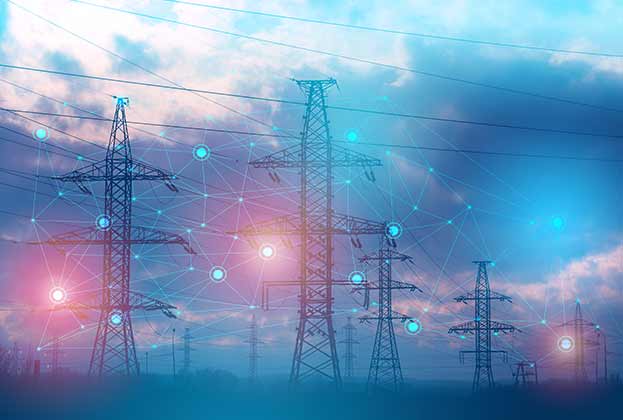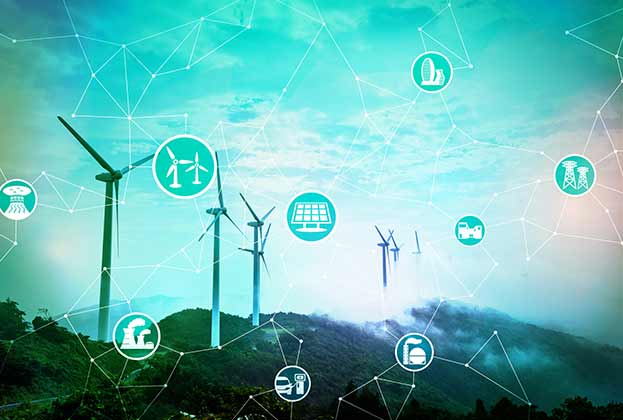The spike in energy costs and the risks of reliance on imports of energy from other countries to meet UK demand has brought questions of energy security to the forefront over the past few months. With this in mind, how can the UK use its own resources to keep up with demand while keeping costs low? Part of the answer may lie in our unrecyclable waste.
Waste incineration is a method of waste disposal that has gained traction in recent years as governments in the UK and elsewhere have sought to reduce the amount of waste sent to landfill. As well as offering a solution to the disposal of unrecyclable waste, waste incineration can be used to produce energy in a process known as Energy from Waste (EfW). In the UK, EfW facilities are generally designed to generate electricity and the country’s 53 operational waste incinerators contribute about three per cent to the UK’s total electricity generation capacity.
EfW plants also generate heat, and although technologies exist that allow this heat to be captured for industrial or domestic use, these are relatively under developed in the UK.
These technologies, known as District Heating Systems, use heat from a central source such as a power station, EfW plant or gas boiler to produce hot water that is piped to public, commercial and residential buildings to provide heat and domestic hot water. These systems can have much lower environmental impacts than conventional gas heating and are widely used across Europe. In Denmark, almost two thirds of all space and water heating demand is met by district heating.
In comparison, only 2 per cent of the UK’s heat requirements is met through district heating and despite some large systems, such as those in operation in Sheffield and Nottingham which collectively supply heat and hot water to almost 8,000 homes, only a small number of the UKs EfW plants are designed to supply heat for domestic purposes. This creates the potential to significantly expand the use of district heating systems to capture heat from existing waste incineration plants, which would make a useful contribution to energy security by reducing reliance on imports of natural gas.
Using existing EfW plants in this way reduces the time and complexity of bring new networks on line, and as EfW plants need to be located near to urban areas which are the main source of the input waste fuel, they are well located to meet domestic requirements.
The UK Resources and Waste Strategy rightly prioritises waste reduction, then recycling, then other recovery (such as EfW) over disposal. Within this framework, energy from waste infrastructure is generally more common in mainland Europe than the UK. But, particularly if heat offtakes from EfW are developed, it has an important role in reducing UK dependence on gas.
EfW is just one part of the puzzle in moving towards a circular economy and will play a vital role in the race for the UK to reach net zero.
Further information
Contact Nick Iles or Rob Asquith
Why real estate has an important role to play in Recycing Week 2021
(1).jpg)
.jpg)
.jpg)




.jpg)
.jpg)

